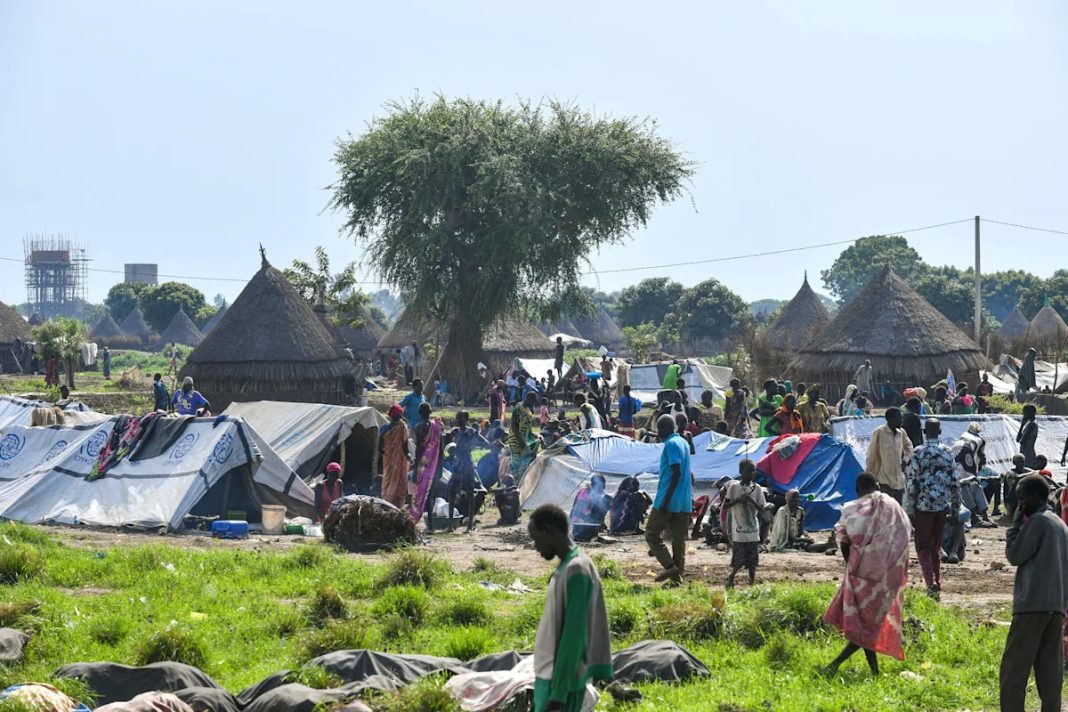Rising cases of extreme infant hunger and malaria are overwhelming humanitarian facilities in southwestern Ethiopia as aid cuts force other nutrition and disease prevention programmes to shutter, Doctors Without Borders (known by its French acronym, MSF) has warned.
MSF said on Wednesday it had seen a 55-percent increase compared with last year in child admissions to its feeding centre in the Kule refugee camp in Ethiopia’s Gambella region, with many of the infants coming from camps nearby.
Funding cuts have meant the closure of nutrition services in four of the region’s seven refugee camps, MSF said, “leaving around 80,000 children under the age of five at risk of life-threatening malnutrition”.
Ethiopia, Africa’s second-most populous nation with about 130 million people, is grappling with armed clashes in two of its largest regions.
Southwestern Gambella borders South Sudan, itself facing a dramatic uptick in violence and funding cuts to international programmes that form the country’s healthcare backbone.
The region currently shelters just under 400,000 refugees across seven camps, many of them South Sudanese.
Patient visits to the Kule camp have risen by almost 60 percent compared with 2024.
“MSF is overwhelmed by the increased patient load, and we fear this number will likely keep rising in the coming months,” said Armand Dirks, MSF’s project coordinator in Gambella.
Nyauahial Puoch travelled roughly eight kilometres (five miles) from another refugee camp to seek treatment for her malnourished 17-month-old daughter.
“Since last year, there has been a big decline. Some of the items we used to get are no longer provided at all,” the NGO quoted her as saying.
While they are given food once a month, Puoch said, “it always runs out before the month ends”.
Funding cuts have also had an impact on disease prevention, notably malaria programmes, with MSF predicting a steep increase in the May-to-October rainy season.
The NGO said in July it had seen an approximately 125-percent rise in the number of malaria patients – almost 24,000 – compared with the previous month, with half of these patients coming from neighbouring refugee camps.
“This poses a serious threat to already vulnerable refugees who face heightened exposure to malaria-infected mosquitoes due to overcrowded living conditions and limited sanitation,” said Birhanu Sahile, MSF’s deputy medical coordinator.

